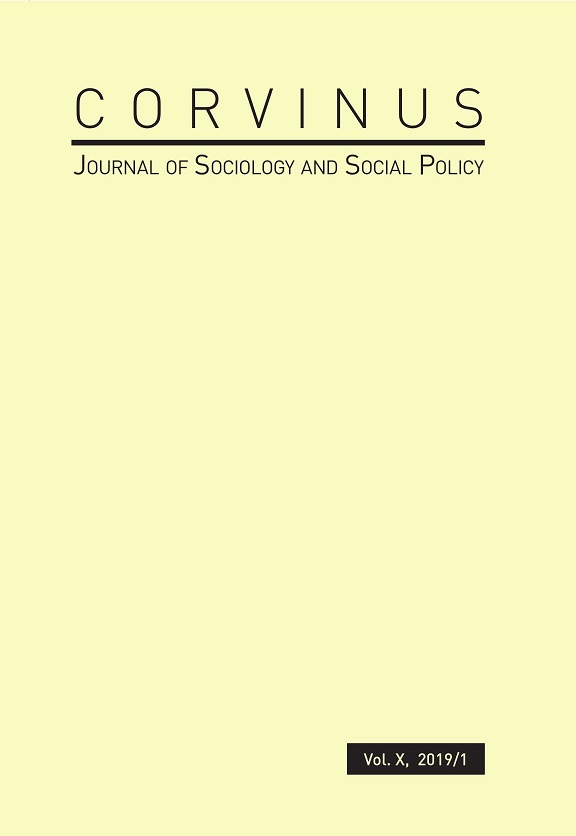Effects of son preference on fertility: A parity progression analysis
Effects of son preference on fertility: A parity progression analysis
Author(s): Mohammad Nazmul HoqSubject(s): Demography and human biology
Published by: Budapesti Corvinus Egyetem Szociológia Doktori Iskola
Keywords: fertility; son preference; socioeconomic and demographic variables; parity progression; Bangladesh
Summary/Abstract: This article assesses the strength of son preference in Bangladesh, as reflected in fertility behavior. Although the fertility rate for Bangladesh declined from 6.3 children per woman of reproductive age in the year 1975 to 2.3 children in 2014, empirical results show that son preference has still a strong influence on fertility behavior. Keeping cognizant of this fact, this study examines levels and differentials in fertility and also investigates the effects of son preference on fertility in Bangladesh. In addition, the study inspects the underlying factors responsible for son preference. Levels of fertility indicate that the proportion of higher education of a couple is inversely related to fertility, whereas rural and Muslim couples in Bangladesh have more children. The bivariate analysis shows that almost all the independent variables selected for this study have a significant association with parity progression. Findings from multivariate analyses suggest that women with at least one son are less likely to continue childbearing than women without sons at parities 2-3. At most or all parities, continued childbearing is negatively associated with education, access to mass media, and family wealth. A significant source of motivation for parity progression in couples is the desire to have a son.
Journal: Corvinus Journal of Sociology and Social Policy
- Issue Year: 10/2019
- Issue No: 1
- Page Range: 27-45
- Page Count: 19
- Language: English

